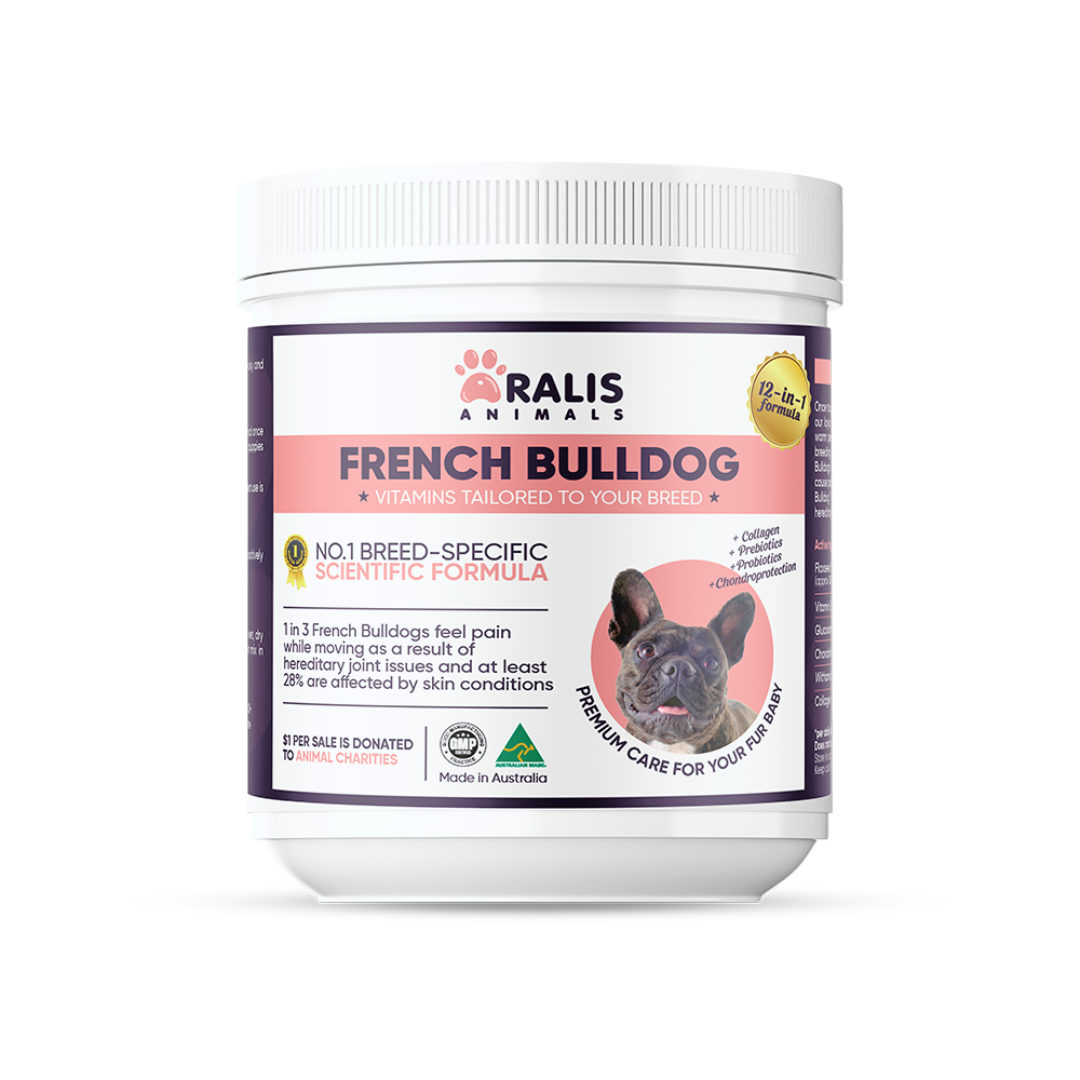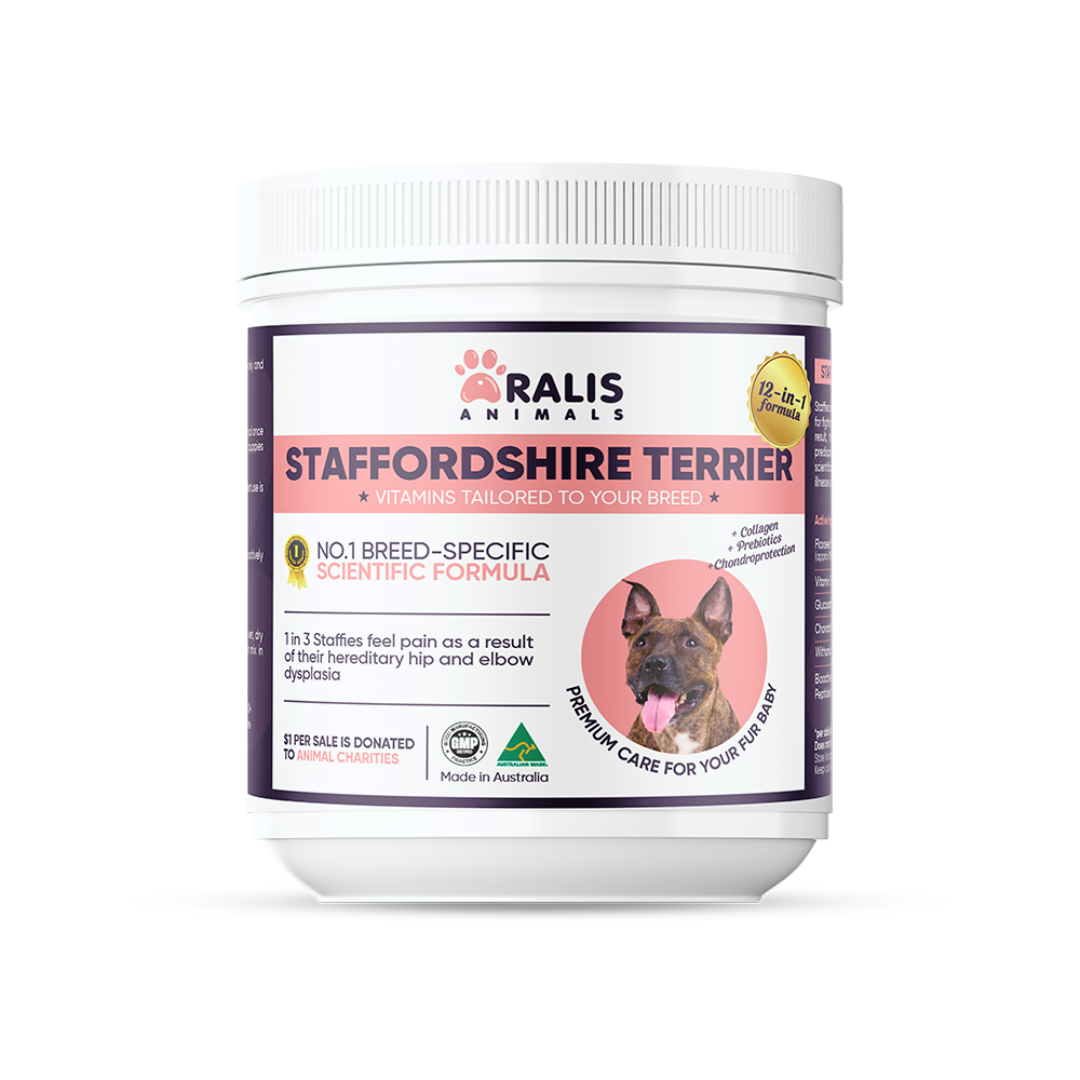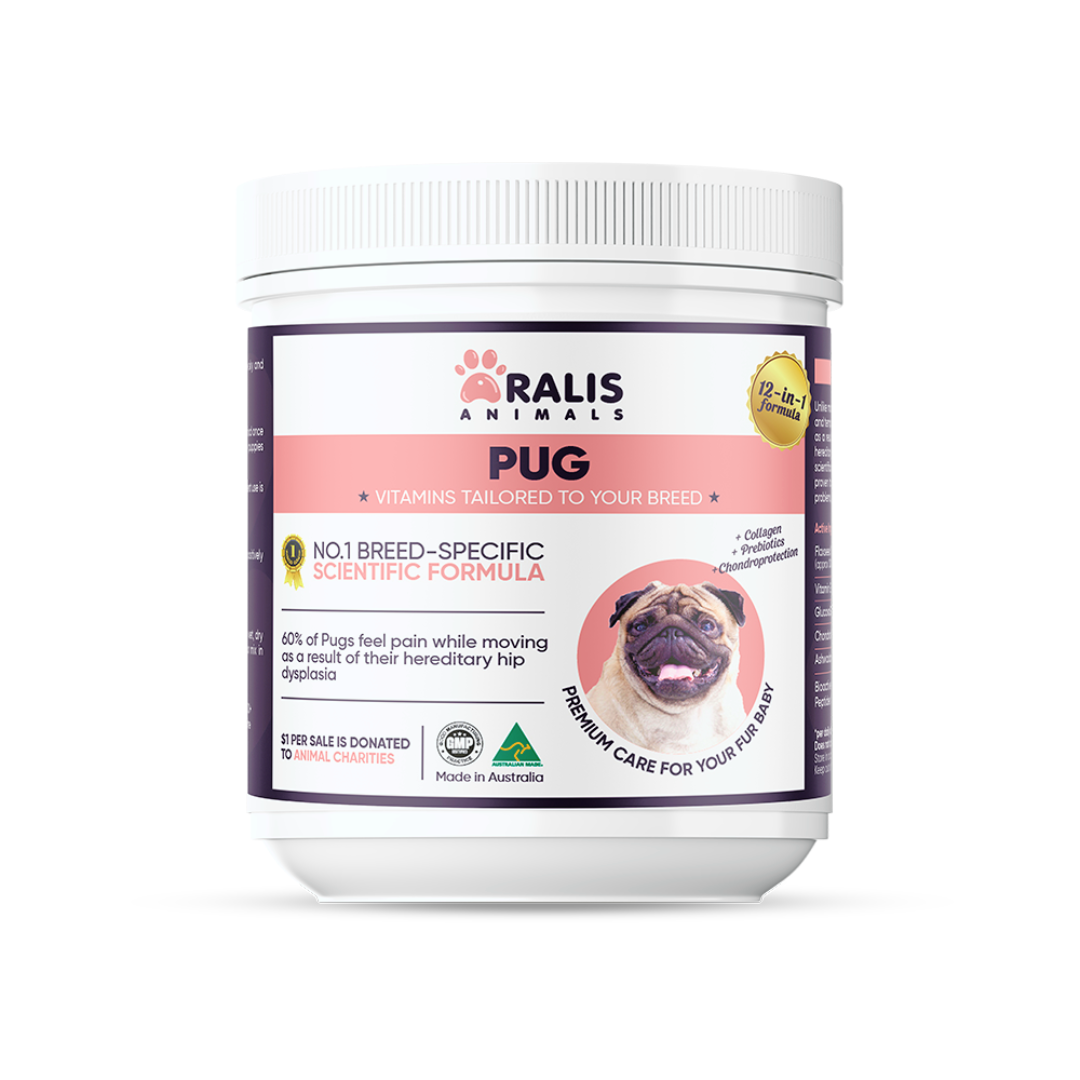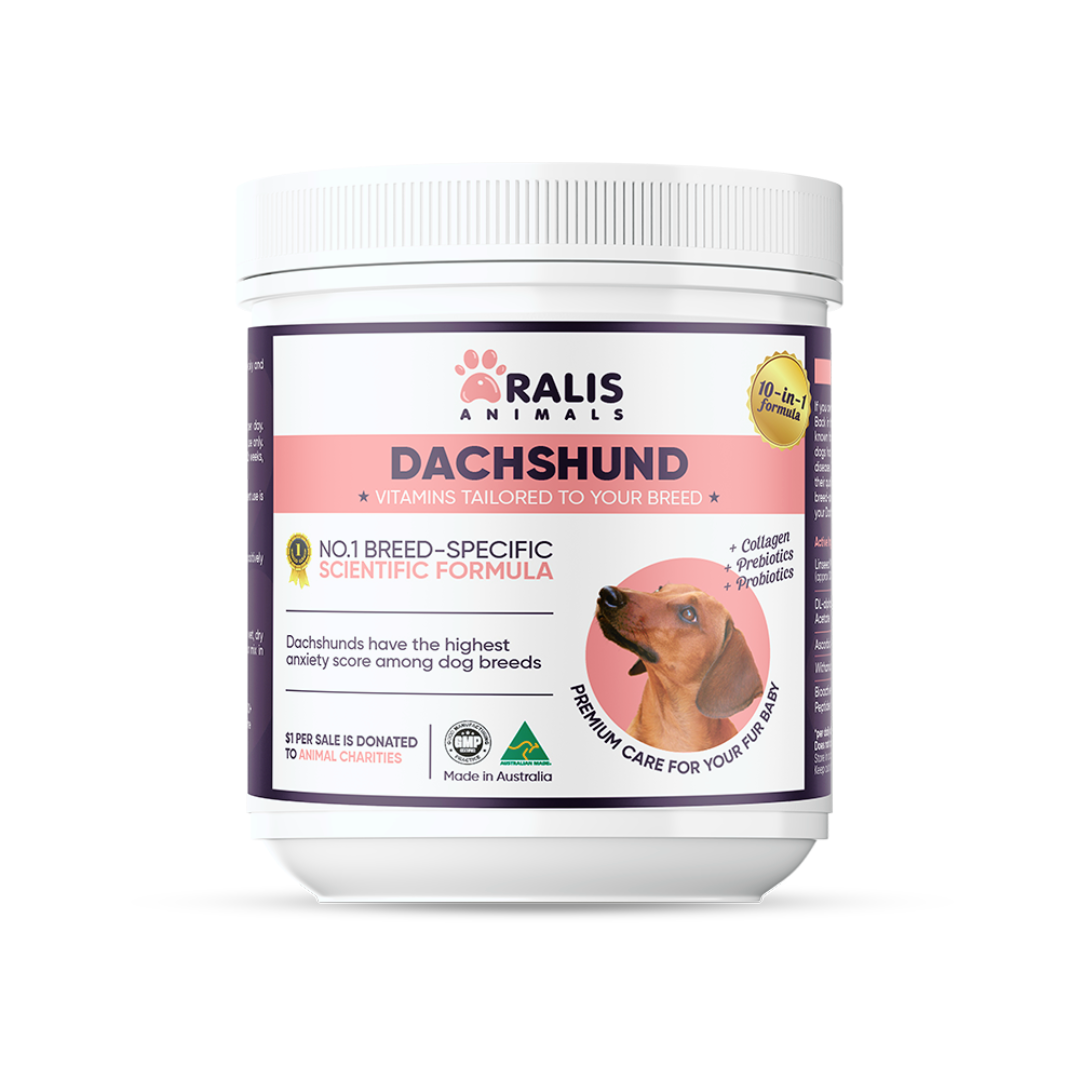How to Stop Dog Paw Chewing: Causes and Treatment Options

As pet owners, we want nothing more than to see our furry companions happy and healthy. However, when our dogs start chewing on their paws, it can be a concerning and frustrating issue. Paw chewing is a common problem that can have various underlying causes, from allergies to anxiety. In this blog post, we'll explore the reasons behind this behavior and provide you with effective strategies to help your dog find relief.
Understanding the Causes of Paw Chewing
Paw chewing in dogs can be triggered by a variety of factors, and it's essential to identify the root cause to address the problem effectively. Here are some of the most common reasons why dogs may engage in this behavior:
Allergies
Environmental and food allergies can cause skin irritation and inflammation, leading dogs to lick, chew, or bite their paws in an attempt to find relief. Allergies can be triggered by substances like pollen, dust, or certain ingredients in their diet.
Skin Infections
Bacterial or fungal infections on the paws can cause discomfort and itchiness, prompting dogs to lick or chew the affected areas. These infections can be caused by a variety of factors, including poor grooming, moisture, or underlying health conditions.
Parasites
External parasites, such as fleas or mites, can infest a dog's paws and cause intense itching, leading to excessive licking and chewing.
Anxiety
Stress, separation anxiety, or boredom can drive dogs to engage in compulsive behaviors, including paw chewing, as a way to self-soothe or cope with their emotions.
Injury or Pain
If a dog has sustained an injury or is experiencing pain in their paws, they may lick or chew the affected area in an attempt to alleviate the discomfort.
Identifying the Root Cause
To effectively address your dog's paw chewing, it's crucial to determine the underlying cause. Start by closely observing your pet's behavior and looking for any additional symptoms that may provide clues. Pay attention to factors like the timing of the chewing, the appearance of the paws, and any changes in your dog's overall health or environment.
If the paw chewing persists or you're unsure of the cause, it's best to consult your veterinarian. They can perform a thorough examination, conduct any necessary tests, and help you identify the root problem. This may involve allergy testing, skin scrapings, or other diagnostic procedures.
Treatment Options
Once the underlying cause has been identified, your veterinarian can recommend the appropriate treatment plan. Here are some common approaches to addressing paw chewing in dogs:
Medical Treatments
For conditions like allergies, infections, or parasites, your veterinarian may prescribe medications such as antihistamines, anti-inflammatory drugs, or anti-parasitic treatments. These can help alleviate the symptoms and promote healing.
Home Remedies
In some cases, simple home remedies can provide relief for your dog's paw chewing. These may include applying soothing, anti-itch creams or sprays, keeping the paws clean and dry, or using natural supplements to address skin irritation. For a comprehensive solution, you can also try Aralis Animals multivitamins that help support skin health and soothe irritation. These multivitamins contain a unique 5-step complex that works from the inside out, offering powerful antioxidants and soothing properties. Check out the full range of Aralis Animals products here
Environmental Modifications
If anxiety or boredom is the culprit, making changes to your dog's environment can help. This may include providing more mental and physical stimulation, creating a calming space, or addressing any potential sources of stress.
Behavioral Interventions
For dogs with compulsive paw chewing behaviors, working with a certified animal behaviorist or trainer can be beneficial. They can help you implement techniques like positive reinforcement, desensitization, and counterconditioning to address the underlying behavioral issues.
Prevention Strategies
In addition to treating the immediate problem, it's essential to implement preventive measures to help avoid future episodes of paw chewing. Here are some strategies to consider:
Regular Grooming
Keeping your dog's paws clean and well-groomed can help reduce the risk of skin irritation, infections, and the accumulation of allergens.
Proper Nutrition
Feeding your dog a balanced, high-quality diet can support their overall skin and coat health, potentially reducing the likelihood of allergic reactions.
Mental and Physical Stimulation
Providing your dog with ample opportunities for exercise, playtime, and mental enrichment can help prevent boredom and reduce the risk of anxiety-driven behaviors.
Stress Management
Implementing stress-reducing techniques, such as calming music, pheromone diffusers, or anxiety-relieving supplements, can help your dog cope with stressful situations more effectively.
When to Seek Professional Help
If your dog's paw chewing persists despite your efforts, or if you notice any signs of severe skin irritation, infection, or underlying health issues, it's crucial to consult your veterinarian. They can perform a comprehensive evaluation, rule out any serious conditions, and provide you with the appropriate treatment plan.
In some cases, working with an animal behaviorist may also be beneficial, especially if the paw chewing is rooted in anxiety or compulsive behaviors.
Remember, addressing paw chewing in dogs requires patience, consistency, and a collaborative approach between you and your veterinary team. By identifying the root cause and implementing the right treatment strategies, you can help your furry friend find relief and prevent future episodes of this frustrating behavior.





